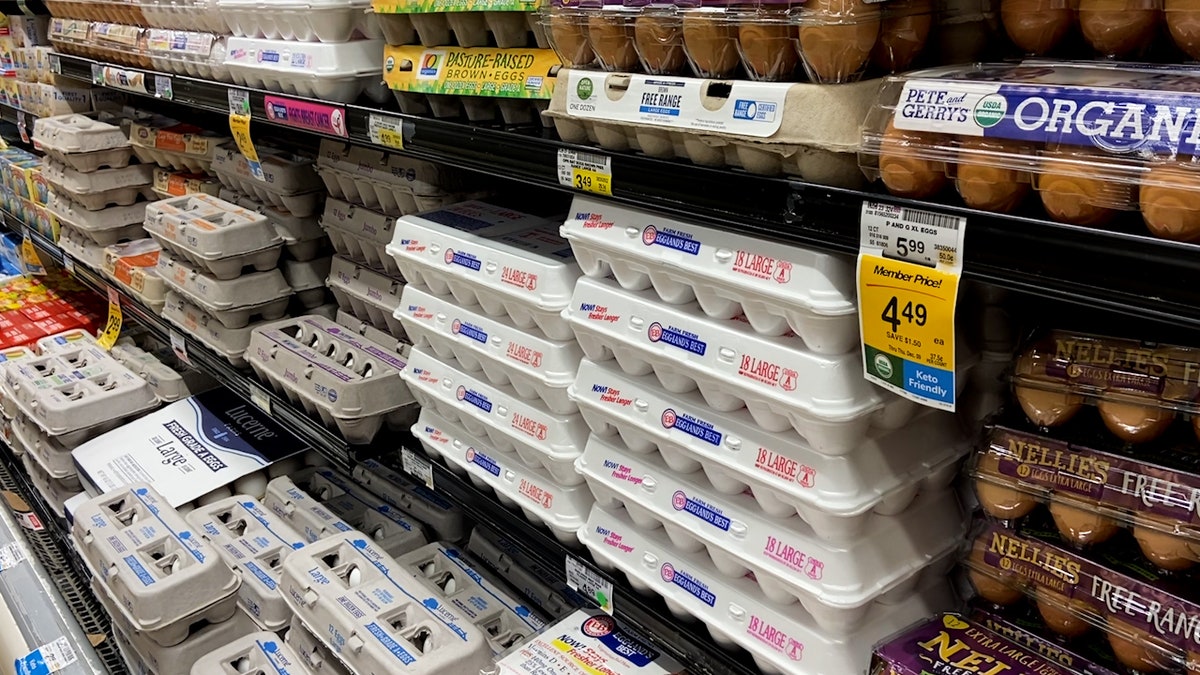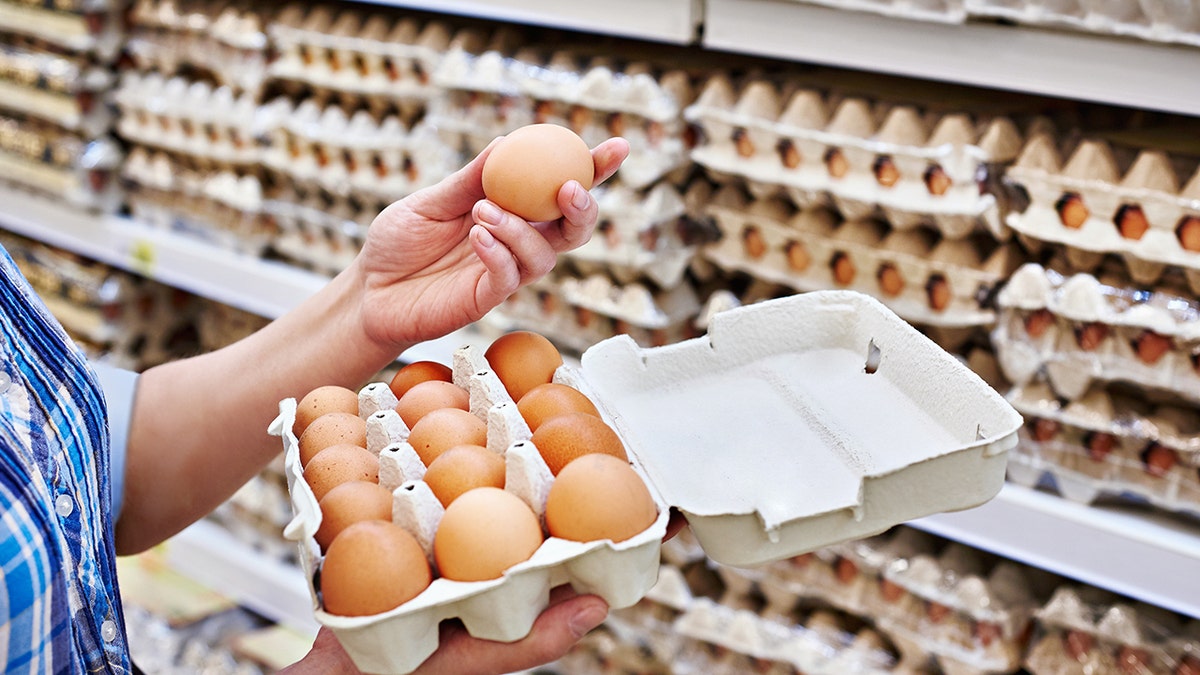Amidst ongoing egg scarcity, some grocery stores have implemented purchase limits. Lidl, for instance, has restricted certain egg brands to two dozen per customer, while similar limitations have been observed in regions like Massachusetts. This sporadic shortage, primarily attributed to the highly pathogenic avian influenza (HPAI) outbreak, is expected to persist, according to Emily Metz, president and CEO of the American Egg Board.

This widespread HPAI outbreak has significantly impacted poultry populations, leading to the culling of millions of laying hens. Metz emphasized that egg farmers are "price takers, not price makers," highlighting that egg prices are influenced by market forces of supply and demand, much like other commodities. The absence of effective treatments or vaccines for bird flu necessitates the elimination of entire flocks upon detection, further straining the supply chain.

The complexity and time-sensitive nature of egg production, coupled with the ongoing HPAI threat, pose significant challenges. While predicting the future remains difficult, Metz acknowledges the current strain on the system. Stabilizing the supply requires a sustained period without new HPAI outbreaks on egg farms. However, there's a silver lining: egg farmers are adept at coordinating nationwide egg distribution to address regional shortages. Metz reassured consumers that these shortages are anticipated to be localized and temporary, as producers collaborate with retailers to swiftly restock shelves, often within 24 hours.

Metz expressed gratitude for public understanding during this challenging period, emphasizing that egg farmers prioritize bird health and are working tirelessly to safeguard their flocks, restore supply, and maintain egg availability. For consumers seeking alternatives, Dr. Nicole Saphier, a Fox News medical contributor, has highlighted cost-effective and nutritious protein options to consider.
Comments(0)
Top Comments